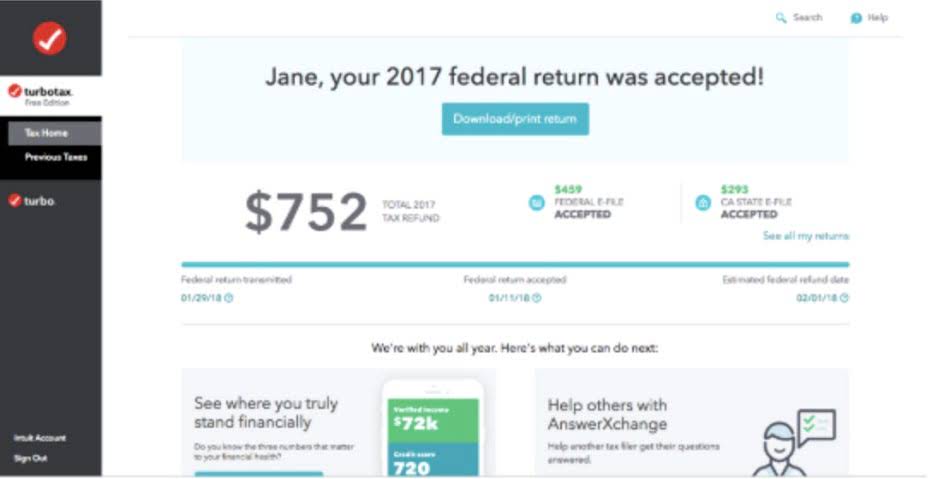
Beyond technical accounting knowledge, public accounting professionals also develop strong communication, analytical, and problem-solving skills, which are essential for client interaction and complex financial analysis. All certified public accountants are accountants, however, it is not the case the other way around, i.e., not all accountants are CPAs. Certified Public Accountants have considerably more experience, career opportunities, and academic training and qualifications than their non-certified counterparts.

Our Best Historical Slang Terms
- It means you’ve passed a nationally recognized test that has been modified to reflect your state’s regulations.
- Their main responsibilities are the same and involve preparing or reviewing financial documentation for businesses or individuals.
- This objectivity ensures that financial information is reliable for external stakeholders, such as investors, lenders, and regulatory bodies.
- In contrast, private accounting involves working within a single organization, managing internal financial records, preparing reports for management, and supporting internal decision-making.
- Usually issued on a monthly, quarterly, or annual basis, the income statement lists the revenue, expenses, and net income of a company for a given period.
- International equivalency exams are offered so that CPAs can work in countries other than the one in which they were certified.
- Certified Public Accountant (CPA) is the title of qualified accountants in numerous countries in the English-speaking world.
While PAs handle lower-level accounting tasks, CPAs manage high-level responsibilities. PAs with the necessary education and experience can proceed to gain certification to practice as CPAs. This understanding enables CPAs to serve as trusted financial advisors who work with businesses, individuals, schools, and other organizations and assist them in reaching their goals and objectives. For both public and corporate accountants, your first step is getting a Bachelor’s Degree—likely in accounting or finance. It’s not uncommon for accountants to run payroll, though the responsibility can be shared with the HR department in a larger company. Payroll accounting includes calculating staff salaries, handling employee taxes, retirement account distributions, overtime compensation, and more.
Frequently Asked Questions About CPAs
Unlike private accounting, private accounting usually involves long hours, tight deadlines, and travels. Managerial accounting assesses financial performance and hopes to drive smarter decision-making through internal reports that analyze operations. Nonprofit entities and government agencies use similar financial statements; however, their financial statements are more specific to their entity types and will vary from the statements listed above. Members of the AICPA consist of professionals in business and industry, public practice, government, and education. Offices are located in New York City; Washington, D.C; Durham, NC; and Ewing, NJ.
Professional Designations for Financial Accounting
- Congress made certain exceptions for tax services, which are therefore overseen by the PCAOB.
- As the name suggests, their allegiance lies with the public, enhancing the credibility of their interpretation of financial records.
- To become a licensed CPA, you must pass the CPA Exam, a four-section, 16-hour assessment.
- They also assist with strategic financial planning, risk management, and improving internal controls.
- Although these accounting pros usually come to mind when it comes to filing income taxes, they can help with quite a few other things.
CPAs in education perform financial management Accounting Periods and Methods and reporting functions for their organizations. Some CPAs wish to teach others about accounting practices, and these professionals may also be found in the education industry. Consulting services run the gamut—from assisting clients in identifying and implementing new financial systems, to helping clients understand financial statements, to making recommendations regarding accounting best practices. Areas of specialization in the consulting arena include forensic accounting, financial and estate planning, and litigation services. CPAs have a specialized license that allows them to perform duties that unlicensed accountants cannot.
What is a CPA?

Even though it won’t actually perform the work until the next month, the cash method calls for revenue to be recognized when cash is received. When the company does the work in the following month, no journal entry is recorded, because the transaction will have been recorded in full the prior month. Coursera’s editorial team is comprised of highly experienced professional editors, writers, and fact…


It lists the company’s assets, liabilities, and equity, and the financial statement rolls over from one period to the next. Financial accounting guidance dictates how a company records cash, values assets, and reports debt. The accounting principles used depend on the business’s regulatory and reporting requirements. Companies and organizations often have an accounting manual that details the pertinent accounting rules. As with education, all states require CPA candidates to meet certain minimum experience levels, but details differ among jurisdictions.
However, the distinctions can be seen in the skill developed Oil And Gas Accounting after the fresh graduates join either career path. Public and private accounting can be seen as “external” accountants and “internal” accountants of a company, respectively. It is important to understand the various facets of the two in the pursuit of either career option.
Why Should I Become a CPA?
Reflect on the kind of company you want to work for and the role you want to fill that best aligns with your accounting interests. Candidates must pass all four sections within an 18-month rolling window to earn their CPA license. They make the most of their knowledge to design the best possible financial strategies for their clients. As per the AICPA’s 2017 salary survey of CPAs in the U.S., the national average annual CPA salary is $119,000, excluding bonus. Besides an impressive salary, the CPA license guarantees a stable career, global exposure, excellent career prospects, and an enviable professional stature.
As a CPA, I find it can, at public accounting meaning times, be challenging to manage various competing projects and deadlines. Also, especially during the unusual COVID-19 times, it was challenging to find the optimal balance between personal and professional priorities. A CPA is a very valuable credential, and I wanted to position myself well in the marketplace for various jobs. I decided in college as an accounting major that I wanted to try to get my CPA as soon as I could. To receive a CPA license, applicants must pass the CPA exam administered by the National Association of State Boards of Accountancy. Integrity Network members typically work full time in their industry profession and review content for Accounting.com as a side project.